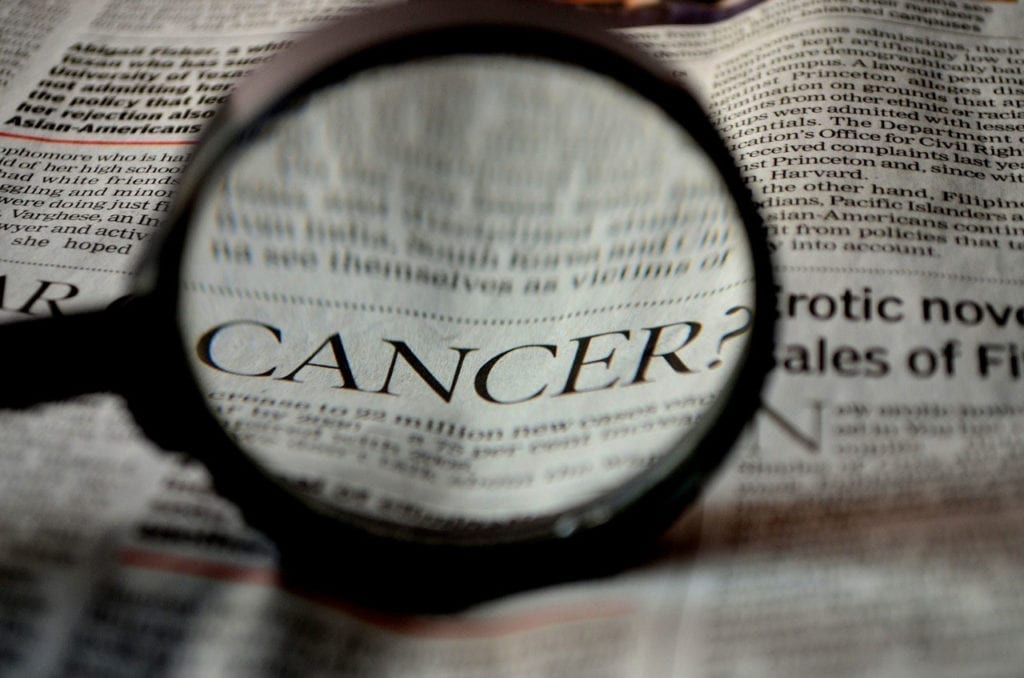According to a story from BBC, it is becoming increasingly clear that a lot of the common phrasing and language that we use to talk about cancer and cancer patients is not exactly helpful to everyone. It is common to refer to cancer as a “battle,” and patients are often characterized as inspirational, brave warriors. While this may seem like positive language to help them feel stronger, a lot of patients don’t like being elevated and referred to in this way.
A poll from Macmillan Cancer Support, a UK advocacy group, a significant number of patients did not like referring to their disease experience as a battle or war. Perhaps less surprisingly, they also didn’t appreciate victimizing language either.
Take the case of Mandy Mahoney, a 47 year old woman who has metastatic breast cancer that cannot be cured.
“I think cancer-speak can be quite negatively loaded,” Mandy says. She says that the “brave fighter” type of language can put a lot of pressure on new patients. Not to mention describing a death from cancer as a lost battle can leave the implication that the patient gave up or somehow didn’t try hard enough. At the end of the day, it isn’t like patients can just get better through sheer willpower. A lot of factors have to align in many cases for a patient to actually have a good chance of being cured, and they do not decide those circumstances.
Mandy also doesn’t see herself as inspirational of brave for being a cancer patient. For Mandy and many other patients like her, the best way to talk about cancer is with factual word choice that is free of projection and metaphor.
However, Craig Toley, a 31 year old who is now in remission from thyroid cancer, says that the warrior-style language helped encourage him to keep going and see his disease as a challenge to be beaten.
These differing opinions illustrate that each cancer patient’s case is different and the perspective that each patient holds about their disease is never the same. At the end of the day, each patient should be comfortable making it clear how they want to talk to others about their disease and downplaying any cliches that make them feel worse.







